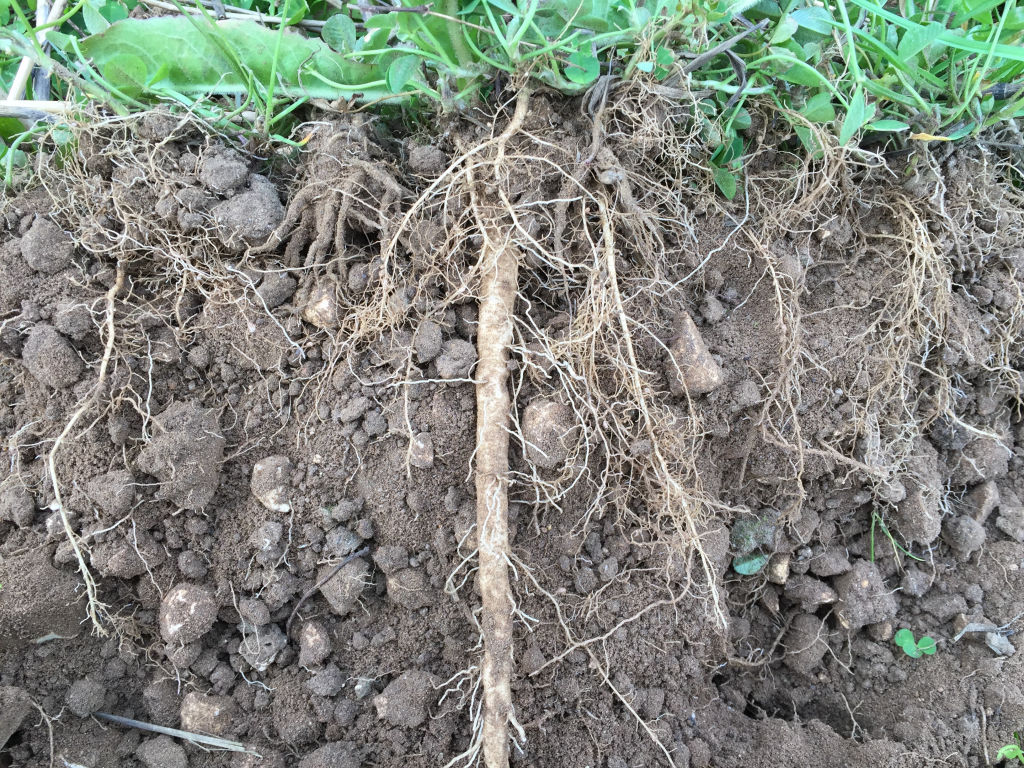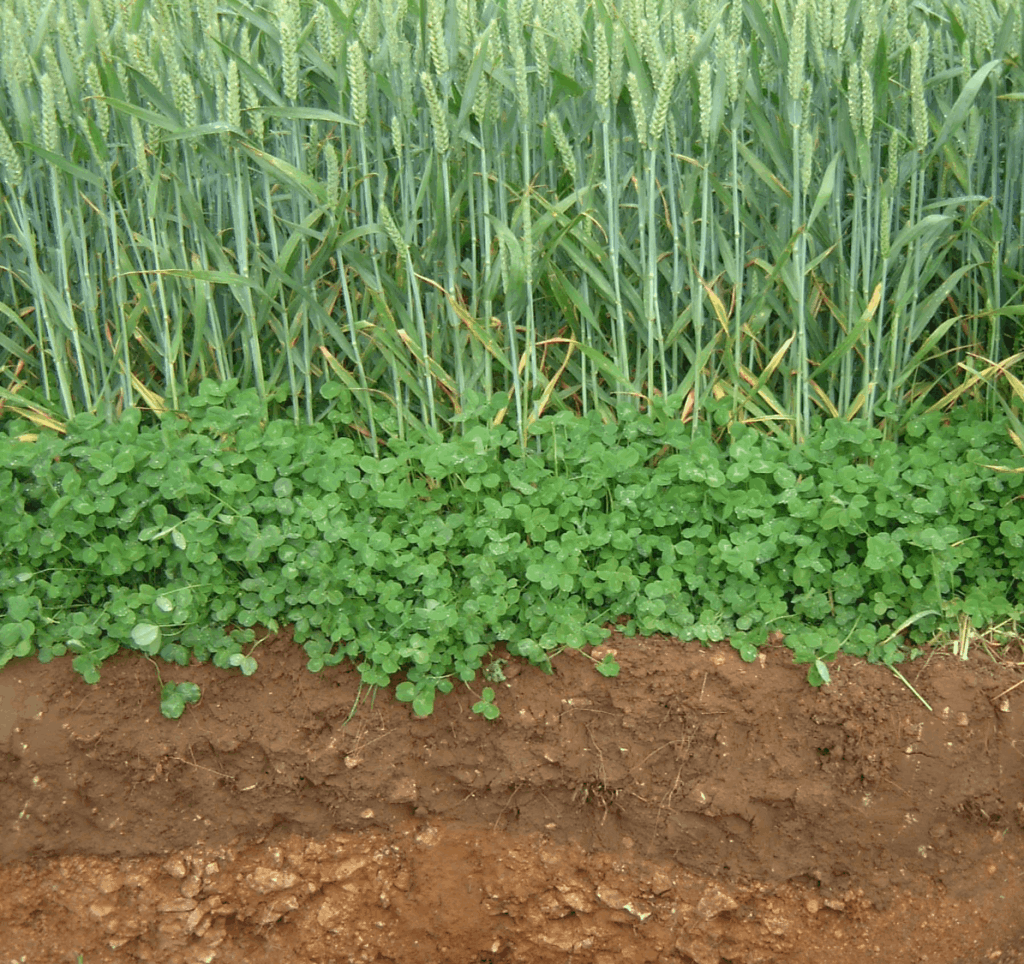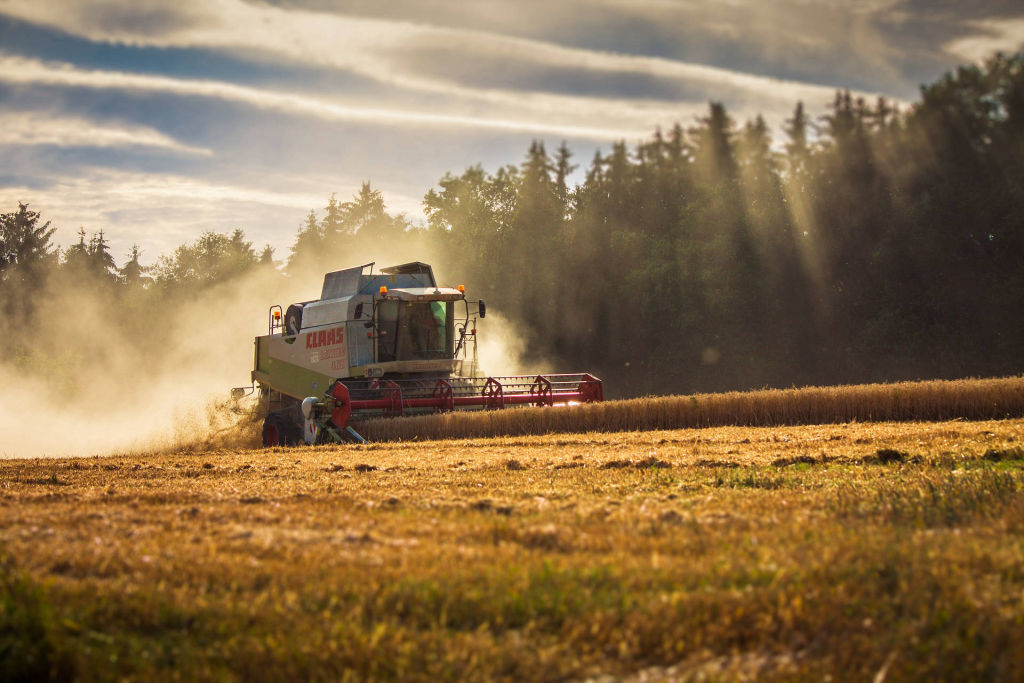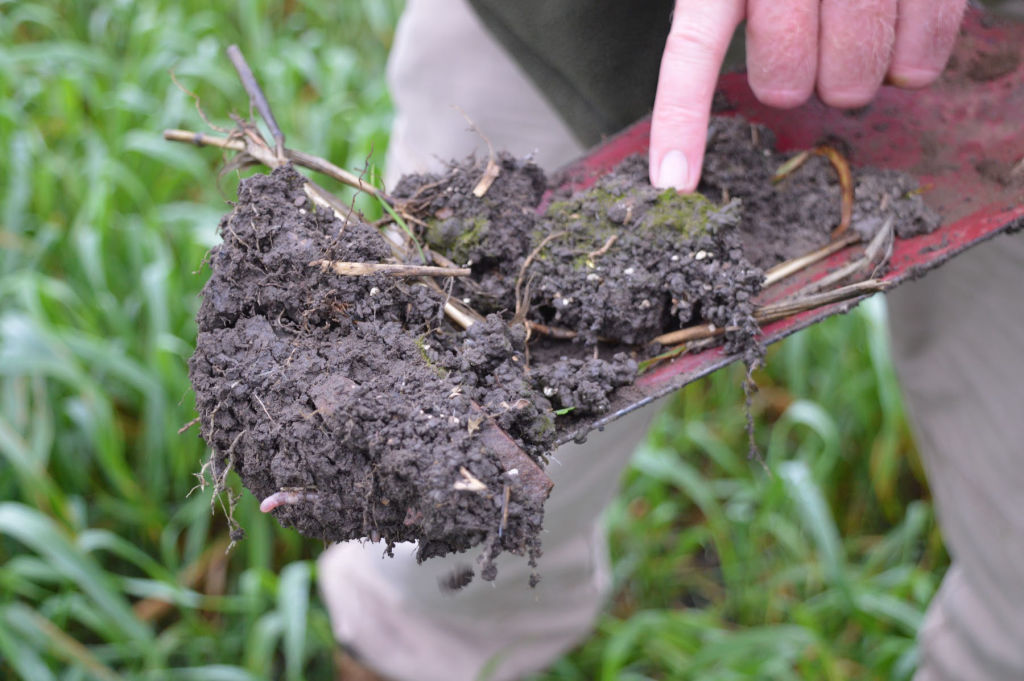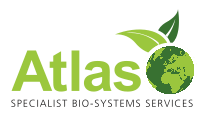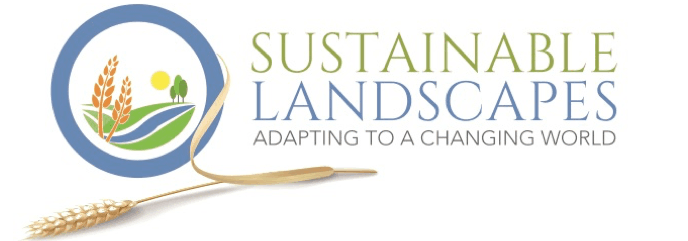Sustainable Landscapes
Sustainable Landscapes is a collaborative, landscape-based programme initiated by Future Food Solutions in partnership with Yorkshire Water. Working closely with farmers located in sensitive catchment areas within the agricultural heart of the UK, the programme aims to develop practical, cost-effective, sustainable farming practices that safeguard food and water quality, environmental integrity and natural capital, creating a more resilient, responsive, sustainable agricultural industry.
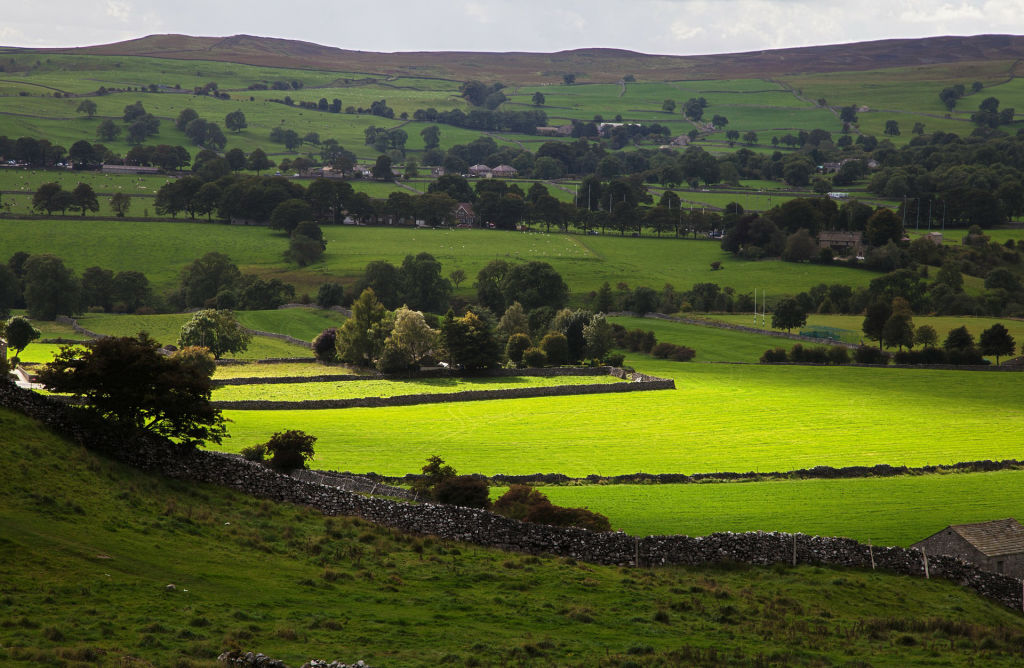
*
Sustainability and resilience
Modern farming practices are feeding a expanding world population, but have major environmental implications that affect soil health, water quality and food security.
*
Farming, food quality and soil health
Early in 2019 the British Medical Association reported that food production was threatening the planet, and food consumption was the biggest single risk to human health.
*
Farming and climate change
A changing climate presents major challenges to food and water security. Sustainable soil management can have a major impact on climate change mitigation.
*
Supply chain integration
Achieving significant sustainability gains at farm level can deliver major benefits to the entire supply chain and are vital to meeting the global imperative of Zero Carbon Food.
